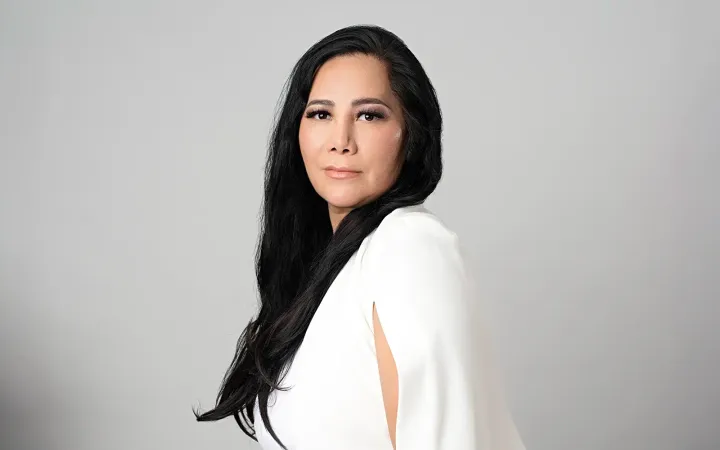Por Laura Carrera
¿Qué pasa cuando las mujeres en el poder traicionan a las mujeres víctimas? El caso de Cuauhtémoc Blanco es un espejo crudo de varias realidades entrelazadas: la del ídolo popular convertido en gobernante, la de un sistema político que prioriza votos por encima de la ética, y la de un poder que sigue blindando a los agresores, incluso cuando las víctimas se atreven a alzar la voz.
Cuauhtémoc Blanco, admirado por muchos por su trayectoria futbolística, llegó a la política como tantos otros: por la fama. Sin preparación, sin vocación y sin límites. Gobernó Morelos con un equipo improvisado, acumulando acusaciones de corrupción, excesos, fiestas en Casa de Gobierno, drogas, mujeres y presuntos vínculos con el crimen organizado. Hoy, como diputado federal, enfrenta uno de los casos más indignantes: una denuncia por intento de violación interpuesta por su media hermana.
Ella —a quien él mismo invitó a trabajar en su gobierno y a vivir en la Casa de Gobierno— rompió el silencio y denunció meses después del intento de abuso. Su acusación se suma a otras: de corrupción, de violencia, de abuso de poder. Pero lo que encendió la indignación de muchas mujeres no fue solo la denuncia, sino la reacción de diputadas de distintos partidos, incluido el PRI.
Cuando se discutió el desafuero para que Blanco pudiera ser investigado por la justicia, muchas diputadas gritaron con fuerza: “No estás solo”. Lo dijeron como si se tratara de un héroe injustamente perseguido. Lo gritaron con convicción. Con complicidad.
¿Cómo explicar eso? ¿Cómo entender que mujeres que se dicen feministas —o al menos pro-derechos de las mujeres— hayan votado en contra del desafuero de un presunto agresor sexual? Hay tres niveles de análisis.
Primero, la congruencia hecha trizas. No hay coherencia posible entre declararse feminista y proteger a un hombre acusado de violencia sexual. Nadie pedía una condena, solo que se le permitiera ser investigado. La justicia no puede actuar mientras el fuero lo cubra. En este caso, la congruencia no es un lujo: es un deber ético.
Segundo, la sumisión política. Muchas diputadas actuaron desde la lógica de lealtad partidista. Dejaron de ser autónomas para convertirse en engranes de una maquinaria que protege al grupo antes que a las víctimas. Eligieron el poder antes que la verdad. Y eso no es solo grave: es peligrosamente cínico.
Tercero, la normalización de la violencia. Algunas de estas mujeres probablemente han vivido violencia. En sus casas, en sus partidos, en sus relaciones. Y desde esa experiencia, han aprendido a callar, a justificar, a sobrevivir en la distorsión. Es posible que su solidaridad con el agresor venga no de la maldad, sino de una herida no sanada.
Suscríbete para leer la columna completa…




